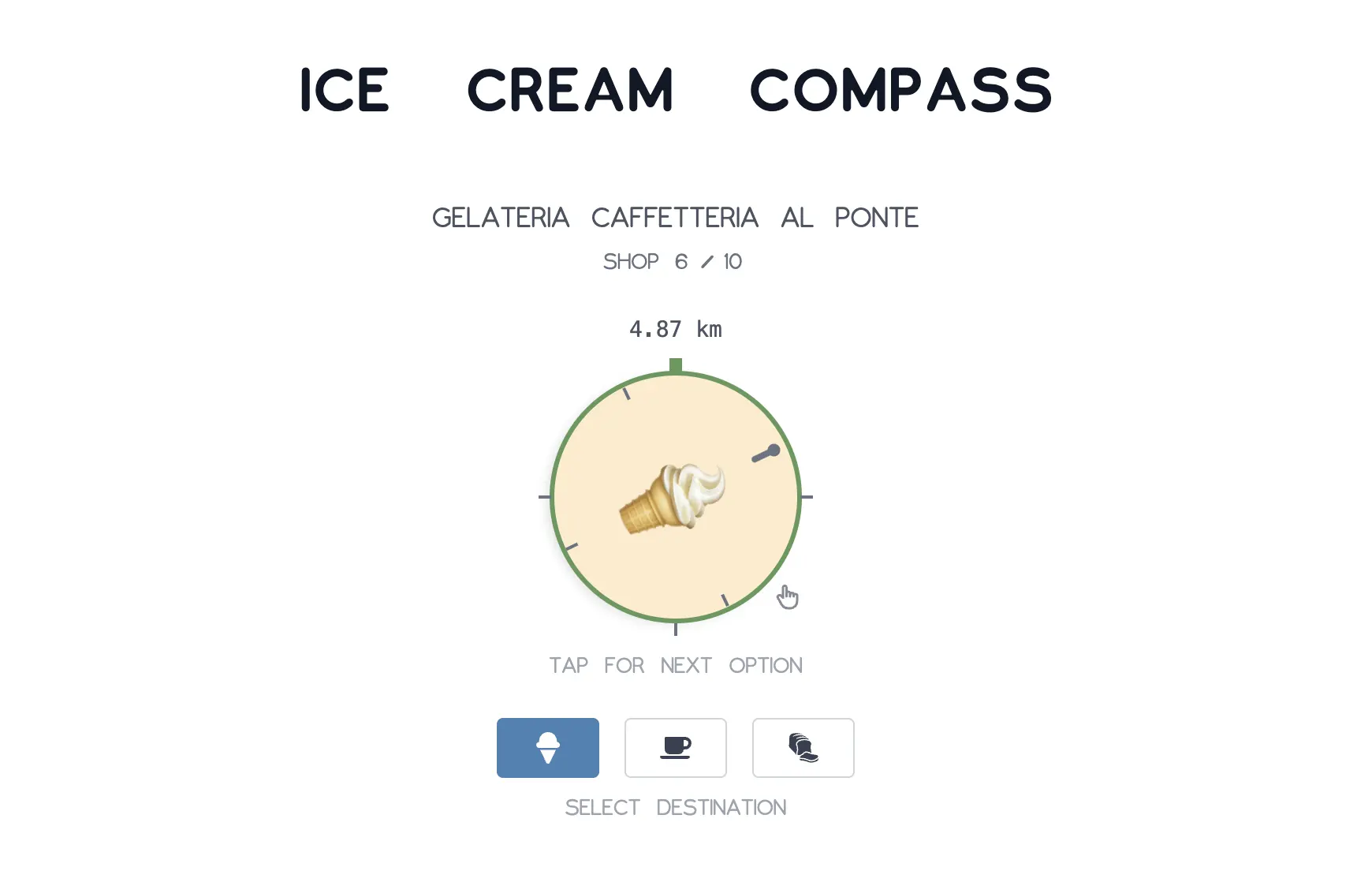Lots of people peddle health advice. Even the Bible and the ancient philosophers outline various health principles. So I'm going to pile in.
It's sad to see people poisoned by bad food. The resulting obesity, mental and health effects are holding back entire populations, particularly in the USA. These should be grand times with the healthiest people in history. We have massive food surpluses, a massive reduction in back-breaking labor, lots more time, expansive health care capabilities etc. And yet, many populations around the world are less healthy across the board than they were a century ago. It's a root cause of many of the western world's problems including depression, failing government, stalling innovation, cultural degeneration, etc. For example, the covid pandemic was not so much a problem of the virus, as a problem of an unhealthy population that could not cope with the virus. The US's growing debt issues and government failures are fundamentally problems of an unhealthy population that requires outsize health care expenses for reduced outcomes.
The American health crisis is particularly alarming – specific causes are not clear – not with scientific precision and rigor. There are many likely contributing factors, most of which are more prominent in the U.S. than in other countries. Is it the inflammatory nature of seed oils like canola, soybean, and vegetable oils, which were introduced by the agrochemical industry and are now used ubiquitously in food products? Is it the substitution of sugar with corn syrup? Perhaps it’s the vastly larger quantities of sugar and processed flour now consumed? Is it the presence of PFAS in our food and water, with its eight-year half-life? Or maybe the monumental amount of plastic found in the flesh and meat of every living creature? Could it be the fluoride added to the water supply? Is it the sludge-derived municipal sewage used as “fertilizer”? Are heavy metals and other contaminants in the water to blame? Or is it something more subtle, like the design and engineering of food to be addictive and easily consumed beyond nutritional needs and the human body's natural satiation feedback mechanisms?This could be as simple as selecting ingredients deficient in satiating compounds, or that selectively bind with satiating compounds before they interact with the human, or leaching those compounds out of the food stuff to begin with.
There are many unknowns. But one thing is certain: we are involved in a grotesque experiment on the public. There are people and corporations gleefully profiting from disease and dependence.
Listing some health principles online is just about the only thing I can do to help. There probably aren't many good studies to support some of these recommendations, and in any case, I find online posts or papers with their citations a bit conceited with their "science says so" attitude that has fallen so low with the replication crisis. Besides, it's silly to expect reliable studies for effects that are so difficult to measure over long periods and that run against commercial and government interests - thsoe studies don't get funded or publisized. Keep in mind, there haven’t always existed studies saying lobotomies or tobacco were bad. I will make these recommendations even though they are somewhat unsupported and speculative because I trust myself to interpret and extrapolate what I see in everyday life to reach good enough conclusions.



